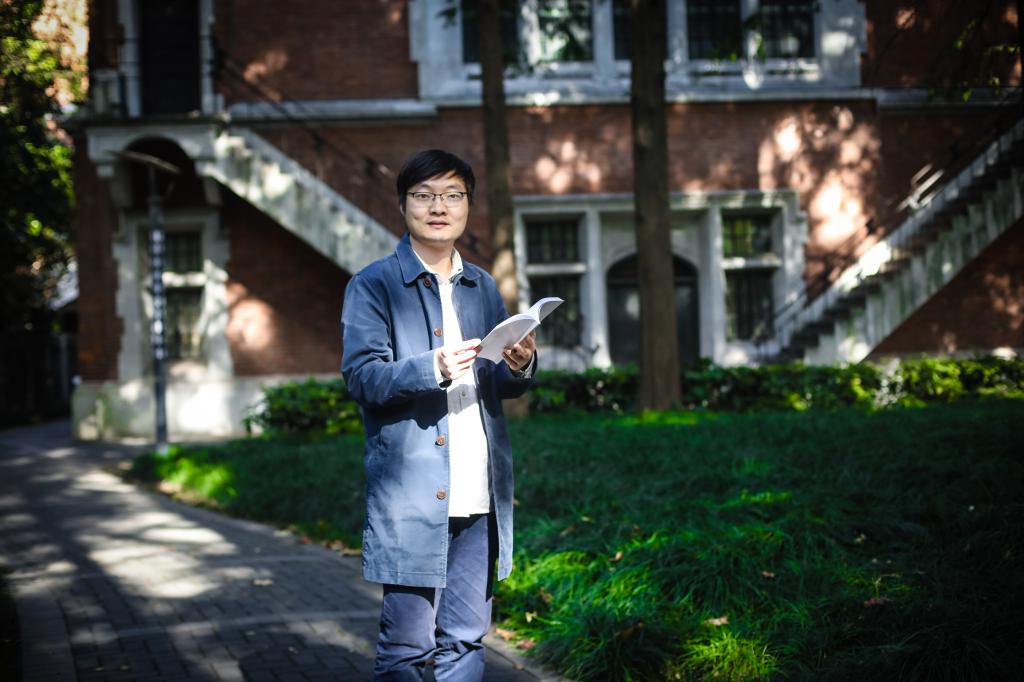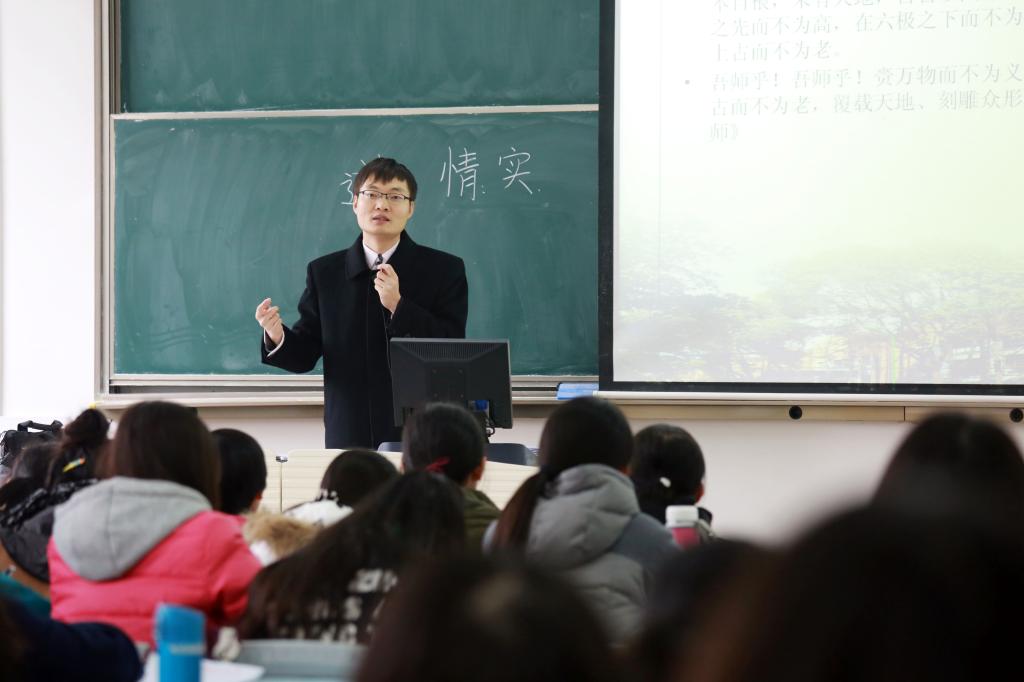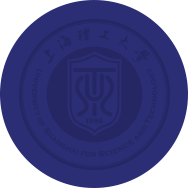December 23, 2020
| By Zhang Tianpei, Ai Kedan | Copyedited by Alex, Zhang Liu
Dr. Liu Yong- a young and aspiring lecturer at the Hujiang College of the USST now teaches a number of courses on Chinese culture and traditions such as "An Introduction to Chinese Culture", "An Introduction to the Book of Songs" and "A Critical Reading on Analects".
“I have got fascinated with poetry at a very young age and then started to write some short poems,” Liu tells us. Once admitted to a university, he did not choose Chinese literature as his major - instead he decided to major in history. According to Liu, these two subjects have quite a bit in common because they both have something to do with writing of poems. Since then, he has integrated his burning passion for poems into his everyday life and into his teaching. On a monthly basis he compiles the poems written by him and his students into a diary. His great enthusiasm for life is expressed in every single poem he has written. In addition, he organized the “Eight Duan Jin” practice (a traditional exercise equivalent to taichi) to spread the traditional Chinese culture and to get the faculty and students to do physical exercises more frequently.

When it comes to the “Sinology fever”, Liu is convinced that the study of Sinology equates to the emotional education of the ideas held dear by Confucianism. By learning Sinology one could improve his or her emotional quality, establish better interpersonal relationship. Liu firmly believes that “it is a great useful teaching book where we can find solutions from what Sages said in ancient times when we faced ups and downs in our lives”. He adds that it is helpful for people in trouble to address the psychological problems after being enlightened by sinology. Liu quotes from Mencius--“When Heaven is about to place a great burden on man, it always tests his resolution first, exhausts his body, makes him suffer great hardships and frustrates his efforts to recover from mental lassitude. The Heaven toughens his nature and makes good his deficiencies.”

When it comes to spreading of traditional Chinese cultures, Liu's dominant principals are faith, willingness and action. He believes that the most important principle is faith. Only equipped with full faith could one devote themselves to cultural transmission in certain ways. The second principle he adamant about is the willingness. With willingness, one could appreciate, understand and convey the Chinese culture much more easily and quickly. The third principle is “action”. On top of faith and willingness, everyone also needs to take actions to spread the traditional culture. When talking about the spread of sinology among international students, “we should find happiness of learning sinology in our lives and draw attention and interest of foreign students and then enhance their understanding of Chinese traditional cultures by giving some vivid examples”, he said.

Liu hopes that he could continuously deepen his knowledge and get more students interested in Chinese classics. He also suggests that more people around the globe should contribute to the spread of the traditional Chinese culture.



